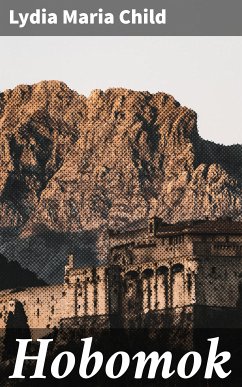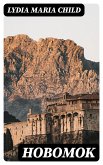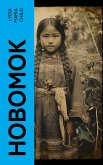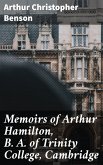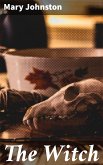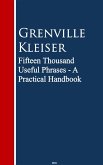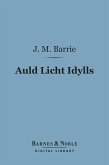In 'Hobomok,' Lydia Maria Child intricately weaves a tapestry of early American life, exploring themes of cross-cultural relationships, identity, and societal constraints. This historical novel, written in the early 19th century, employs a rich narrative style that combines romanticism with realism, drawing readers into the complex interactions between Native Americans and European settlers. Child's depiction of her characters grapples with the tensions of the colonial experience, presenting a nuanced portrayal of love, loss, and resilience amidst the backdrop of a rapidly changing America. The novel stands as a significant contribution to the early American literature canon, reflecting the cultural dialogues of its time and the shifting dynamics of race and gender in a young nation. Lydia Maria Child, a prominent author and social reformer, was deeply influenced by the issues of her day, including abolitionism and women's rights. Her lifelong commitment to social justice and her interactions with diverse communities informed her creative vision. 'Hobomok' serves as a vehicle for her progressive ideals, challenging the stereotypes of Native Americans while celebrating the complexity of human connections that transcend cultural boundaries. Useful for readers interested in American history, literature, and social justice, 'Hobomok' is a thought-provoking exploration of cultural intersectionality. Child'Äôs lyrical prose and empathetic storytelling invites readers to reflect on their own perspectives on race and identity, making this novel an essential read for anyone seeking to understand the foundations of American social discourse.
Dieser Download kann aus rechtlichen Gründen nur mit Rechnungsadresse in A, B, BG, CY, CZ, D, DK, EW, E, FIN, F, GR, H, IRL, I, LT, L, LR, M, NL, PL, P, R, S, SLO, SK ausgeliefert werden.

